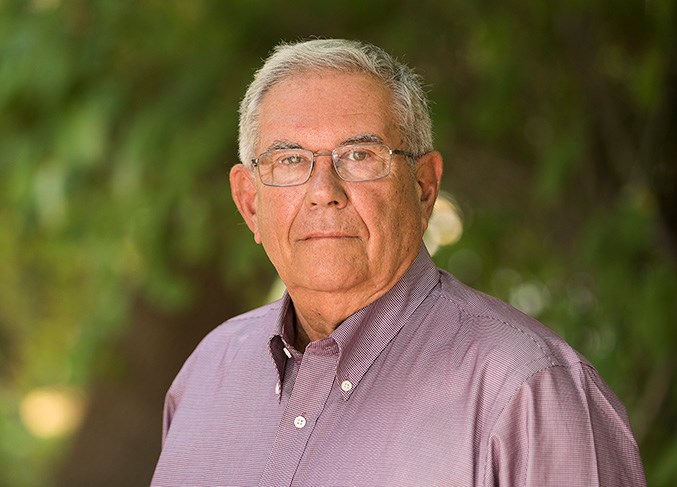Giving someone the benefit of the doubt means choosing to believe something positive about that person’s actions or intentions, even when there's uncertainty or reason to be skeptical.
It's about being generous in your assumptions rather than immediately jumping to negative conclusions. This approach can foster trust, empathy and better relationships by assuming the best until proven otherwise.
And sadly, it’s lacking in much of what is found in local social and even mainstream media. Let’s take an example from our own Western Wheel. A couple of weeks ago, there was a letter that highlighted “a few things we should remember from the last time the NDP governed in Alberta,” including declines in public school and health care performance, and a major increase in the provincial debt after the collapse in oil prices.
Fair comment, but on the other hand, that NDP government also reached an agreement with Ottawa to spend billions to expand the Trans Mountain Pipeline, leased significant numbers of rail cars to transport additional oil to markets in the U.S., broke ground on the construction of a state-of-the-art cancer treatment centre in Calgary after years of delay and maintained government services during a near depression. Shouldn’t we remember those things too?
I refuse to believe Danielle Smith is not trying to do what she thinks is best for the majority of Albertans. I refuse to believe Rachel Notley is a spendthrift who doesn’t appreciate the value of a taxpayer’s dollar and I refuse to believe Justin Trudeau hates the West. I do believe the jobs they have are impossibly difficult, and not made easier by those who attack the quality of their character before the suitability of their policies.
Our form of government is a ‘representative democracy,’ in which citizens elect representatives to make decisions on our behalf. In this system, the people we elect are responsible for becoming informed about the issues of the day, making policies, passing laws and governing in the interests of us, their constituents. They are not puppets, elected simply to do what we tell them to do.
I choose to believe their intentions are good – even when I challenge their conclusions. And while I recognize that there are times when I am disappointed by the occasional charlatan, I believe that in the long run, showing trust and understanding before jumping to conclusions or assuming the worst is kinder and will lead to a more supportive and empathetic community.
Platforms like Facebook and the letters to the editor page provide unprecedented vehicles for people to express their opinions and influence others. This is enormous
power. When used responsibly, it can lead to constructive relationships that foster a healthy, productive environment.
But for it to work properly, we must first recognize that people can make mistakes, misunderstand situations or have reasons for their behaviour that aren't immediately apparent.
By giving them the benefit of these doubts, we set a positive example for others to follow.




